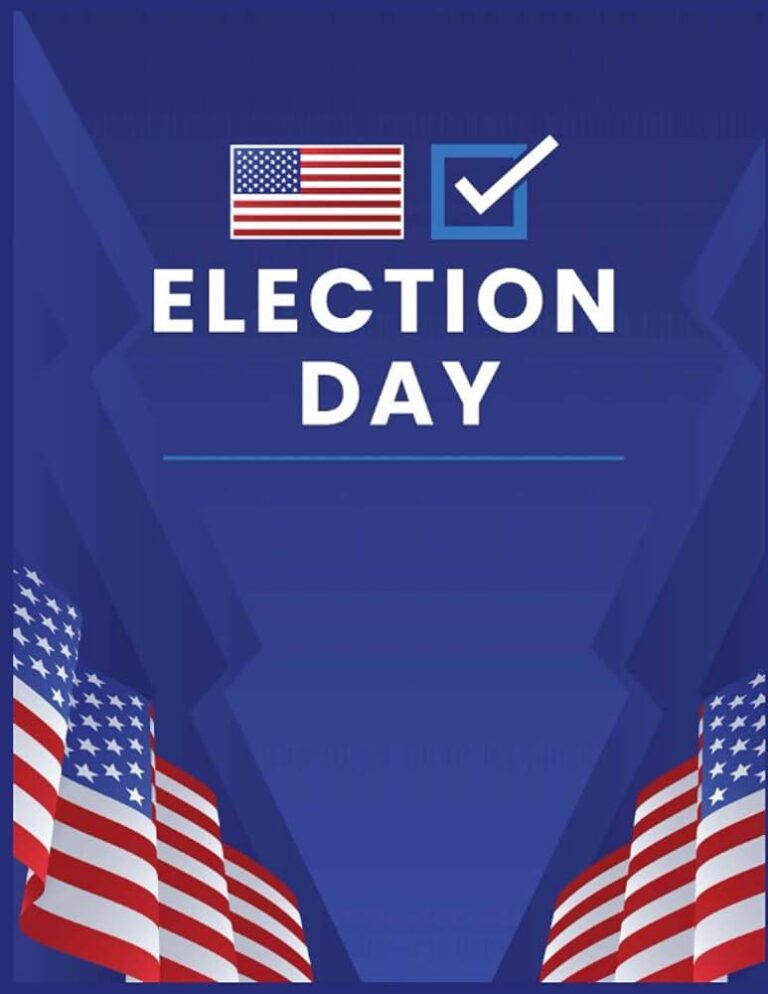As Election Day approaches, many Americans are left wondering whether the day is officially recognized as a federal holiday. With voter participation a cornerstone of democracy, understanding the legal status of Election Day is crucial for both employers and voters. This article explores the current federal designation of Election Day, what that means for workers and polling places, and ongoing debates about making the day a national holiday to encourage greater voter turnout. Here’s what you need to know about Election Day and its status in the United States.
Is Election Day Designated as a Federal Holiday
Despite its critical importance in the democratic process, Election Day is not designated as a federal holiday. This means that, unlike holidays such as Thanksgiving or Independence Day, many Americans must arrange their schedules around work and other obligations to cast their votes. The absence of a federal holiday on this day often raises concerns about voter turnout and accessibility, especially for those juggling multiple jobs or limited transportation options.
However, some states have taken matters into their own hands by establishing Election Day as a state holiday or providing paid time off for voters. Here’s a snapshot of the varying policies across the country:
| State | Election Day Holiday? | Additional Voter Provisions |
|---|---|---|
| Delaware | Yes | Paid time off to vote |
| Illinois | Yes | Voting leave for state employees |
| California | No | Paid leave to vote if work hours conflict |
| Texas | No | No guaranteed time off |
While the federal government has yet to recognize Election Day officially as a holiday, these variations at the state level reflect ongoing efforts to make voting easier and more accessible nationwide.
State Variations in Observing Election Day
Although Election Day is not recognized as a federal holiday, states across the U.S. vary widely in how they observe the day. Some states have chosen to designate it as a public holiday, easing access for voters by allowing time off from work or school. For instance, states like Hawaii and Illinois officially recognize Election Day as a holiday, while others, such as California and New York, do not. This patchwork approach can affect voter turnout and accessibility, making each state’s laws a critical factor in the democratic process.
Key differences among states include:
- States giving full or partial paid leave to public employees for voting purposes.
- Schools closed statewide in some regions to encourage student participation and awareness.
- Local governments in certain states independently declaring Election Day holidays, creating localized variations.
| State | Election Day Status | Typical Observance |
|---|---|---|
| Hawaii | State holiday | Government offices closed |
| Illinois | State holiday | State employees get time off |
| California | Not a holiday | Regular workday |
| Texas | No state holiday | Employer discretion on leave |
Impact of Federal Status on Voter Turnout
Federal designation of Election Day significantly influences voter turnout by shaping public awareness and access. States that recognize Election Day as a federal holiday, or align their local holidays accordingly, generally witness higher voter participation due to the removal of work-related barriers. This time off allows more citizens to visit polling stations without sacrificing income or vacation days, leading to increased engagement in the democratic process.
However, the impact is not uniform across all states, as local policies, cultural factors, and voter education also play critical roles. Below is a snapshot showing voter turnout rates in selected states based on their federal holiday status for Election Day:
| State | Federal Holiday Status | Voter Turnout (%) |
|---|---|---|
| California | No | 58 |
| Colorado | Yes | 72 |
| Georgia | No | 54 |
| Oregon | Yes | 69 |
| New York | No | 56 |
- Work schedule flexibility: Allows more people to vote during regular hours.
- Increased voter education: Holidays create more opportunities for outreach and awareness campaigns.
- Potential economic trade-offs: Some argue federal holidays can disrupt business operations, complicating consensus.
How Employers Can Support Voting on Election Day
Employers play a critical role in encouraging civic participation by facilitating employees’ ability to vote. Offering flexible scheduling options, such as allowing breaks to vote or permitting early departure and late arrival on Election Day, can significantly reduce barriers to casting ballots. Additionally, some companies choose to provide paid time off specifically for voting, demonstrating a commitment to upholding democratic values and supporting their workforce’s civil rights.
Workplaces can also serve as hubs of election-related information. Posting notices about local polling places, voter registration deadlines, and voting hours not only raises awareness but also demystifies the voting process for employees. Here’s a snapshot of practical steps employers are taking:
- Flexible work hours to accommodate voting times
- Paid time off for employees participating in elections
- On-site voting information and resources
- Remote work options on Election Day where feasible
| Support Measure | Impact |
|---|---|
| Paid Voting Leave | Boosts turnout by removing financial disincentives |
| Flexible Scheduling | Allows voting without sacrificing work responsibilities |
| Informational Campaigns | Increases awareness and reduces confusion |
| Remote Work on Election Day | Provides convenience and accessibility |
The Conclusion
In summary, while Election Day is not currently designated as a federal holiday, ongoing discussions and legislative efforts continue to shape the conversation around making it one. As voter participation remains a critical aspect of the democratic process, understanding the status of Election Day and related time-off policies is essential for both voters and employers. Stay informed on updates as policymakers evaluate options to facilitate greater access to the polls in future elections.







